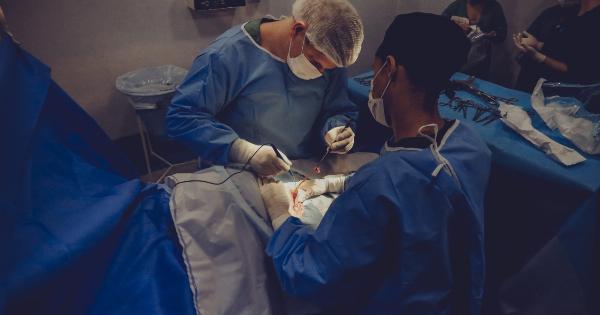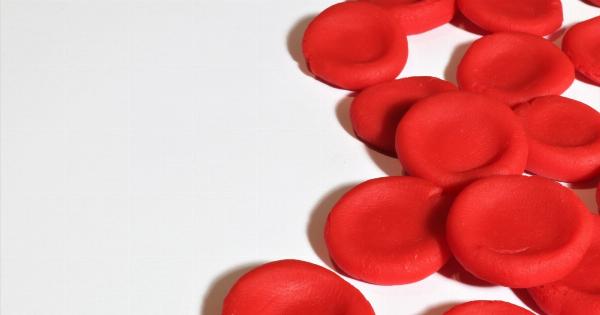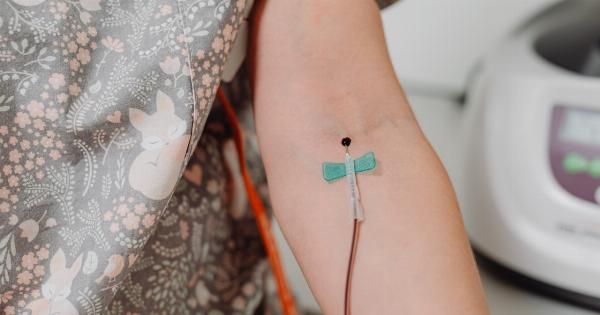Every year, thousands of people in the world are in dire need of blood transfusions to save their lives. Blood donation plays a crucial role in meeting this need.
It involves the process of voluntarily giving one’s blood for the betterment of someone else. There are various reasons why people donate blood, ranging from altruistic motives to the assurance that it will help someone in need.
Statistics from the World Health Organization (WHO) show that an estimated 117.4 million blood donations are collected worldwide every year.
Though the demand for blood is remarkably high, only a small percentage of people eligible for donation give blood regularly. Below are some of the reasons why you should donate blood:.
To Save Lives
Blood transfusions save lives all around the world, from patients with chronic blood loss due to disease or injury to those undergoing surgeries.
A single unit of blood can help save up to three lives, highlighting the positive impact that can be made from a single blood donation.
To Replenish Blood Supplies
The world suffers from a chronic shortage of blood for transfusions, and blood banks and donation centers are always seeking donations.
While the demand is especially high for O-negative blood types, donations from all blood types are essential in meeting the patient’s needs.
To Ensure the Availability of Safe Blood
Medical professionals follow specific procedures to ensure that all blood donations are safe for transfusion.
Each blood donation undergoes rigorous testing to ensure that the blood supply is free of any potentially harmful contaminants, making it safe for human use. By donating, you are contributing to the standard safety measures, which helps ensure the availability of safe blood for those who need it.
To Improve Your Health
Donating blood is not only beneficial to the people who receive it; it is also remarkably beneficial to the donor. It encourages the body to produce more blood, improving the overall health of the individual.
Research also indicates that giving blood helps lower the risks of heart disease and certain types of cancer.
The Blood Donation Process
The blood donation process is straightforward and takes roughly one hour to complete. The process from registration to donation usually follows these steps:.
Registration
The process of donating blood starts with registration. You will be required to provide identification details, medical history, and contact information.
Screening
After registration, a medical professional will perform a series of tests to establish your eligibility for blood donation. They will be interested in factors such as age, weight, and blood pressure.
You will also be asked about your medical history and recent travels. This screening’s primary goal is to ensure that you are not at risk of passing any infectious diseases to the recipient.
Donation
If you pass the screening process successfully, you will go ahead and donate blood. The actual blood donation process takes only a few minutes and is almost entirely painless.
The medical expert uses a sterile needle to draw blood from your vein, after which the blood is collected in a sterile bag. They will then bandage your arm and instruct you to drink fluids and eat snacks before leaving the donation center.
Post-Donation Care
After donating blood, you will need to rest for a few minutes. You will be served with snacks and drinks to help you regain your energy and boost your blood sugar levels.
You should avoid participating in strenuous activities for a few hours after donation and drink lots of fluids to help replenish the fluids lost during the donation process.
Blood Donation Guidelines
Before donating blood, there are several guidelines you need to follow:.
Age Criteria
The minimum age for donating blood is 16 years, but it is usually 18 years in most parts of the world. Several countries have specific waivers for donors between 16-18 years. There is also a maximum age for blood donations for safety reasons.
You should check with your local blood bank about the age requirements for donation.
Maintain Optimal Health
To be eligible for blood donation, you must be in good health. You should not have a cold, fever, or flu symptoms. Additionally, you should not have consumed alcohol within the past 24 hours or taken antibiotics in the past week.
Weigh at Least 50 Kg
The minimum weight for blood donation is usually 50 kg. This minimum weight threshold is established to ensure that the donor has enough blood volume to donate safely.
Wait Before Donating Again
You can donate blood after every eight weeks. Additionally, you should not donate blood earlier than four months if your body has been exposed to any infectious disease.
No Tatoos or Piercing in the Past 12 Months
You cannot donate blood if you have received a tattoo or piercing within the past 12 months.
Final Thoughts
Donating blood is a straightforward process that requires little effort and time. However, it has a considerable impact on the lives of countless people worldwide.
It is a particularly important act of kindness aimed at saving lives and ensuring the availability of safe blood for those in need.



























